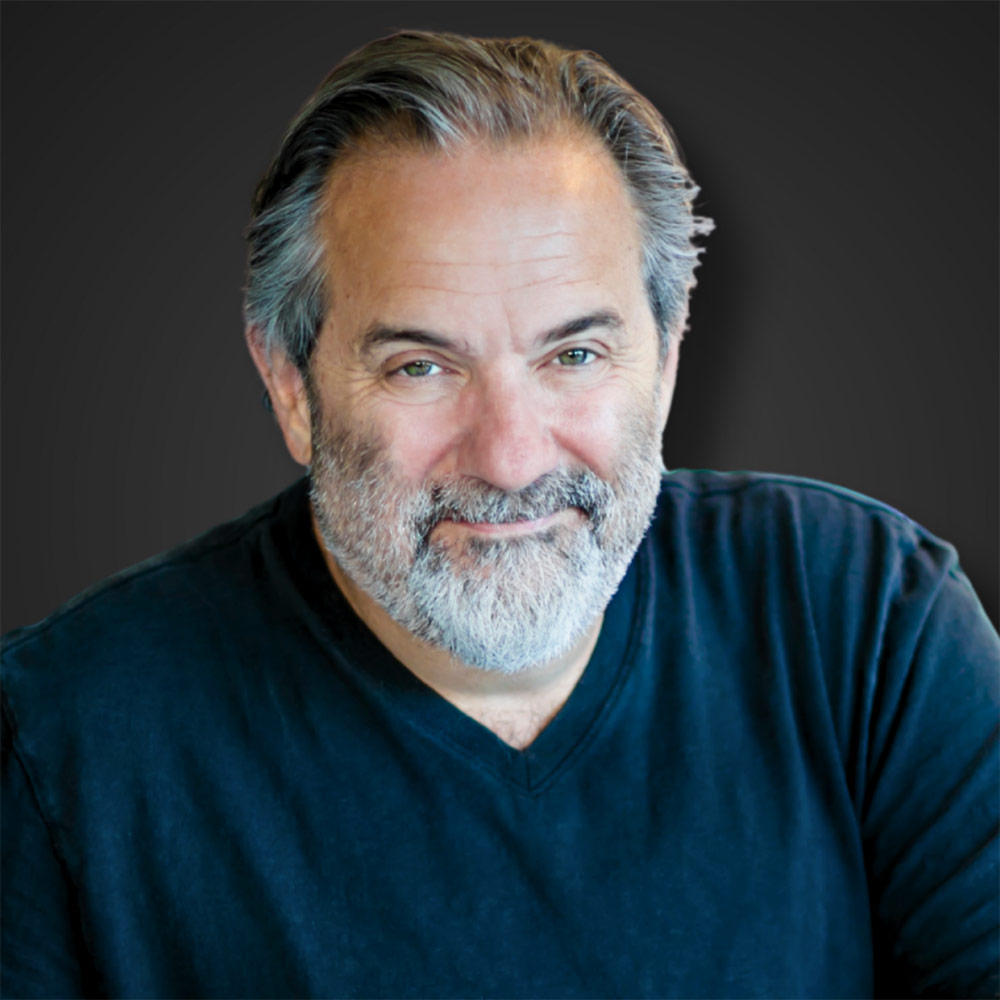
Understanding the Dialogue in Open Dialogue: Recognition and the Struggle to be Heard
Understanding the Dialogue in Open Dialogue: Recognition and the Struggle to be Heard
Pricing
Information
Learning Objectives
Participants will be able to:
-
Define Open Dialogue and explain its theoretical underpinnings.
-
Describe what it means to be in dialogue and the kinds of truth that emerge from being in dialogue.
-
Identify new forms of dialogue that are especially sensitive to the psychotic experience.
Educational Goal
Description
This session will center on learning Open Dialogue, but will take such learning deeper, and give it richer meaning, by investigating what it means to be in dialogue—the kinds of truths that emerge from it, the noetic quality of it, the experiences it engenders, how it is often associated with a connection to the divine, and its close-to-synonymous relationship with play. After all, if we consider psychosis an acute experience of estrangement, whether that estrangement is endogenous or caused by stigma, we might also want to consider it a disconnection from dialogue or a blocked-off world of purely inner dialogue and want to find new forms of dialogue that will be especially sensitive to psychotic experience. That’s what this presentation, discussion and shared-learning experience will be all about.
Presenters
